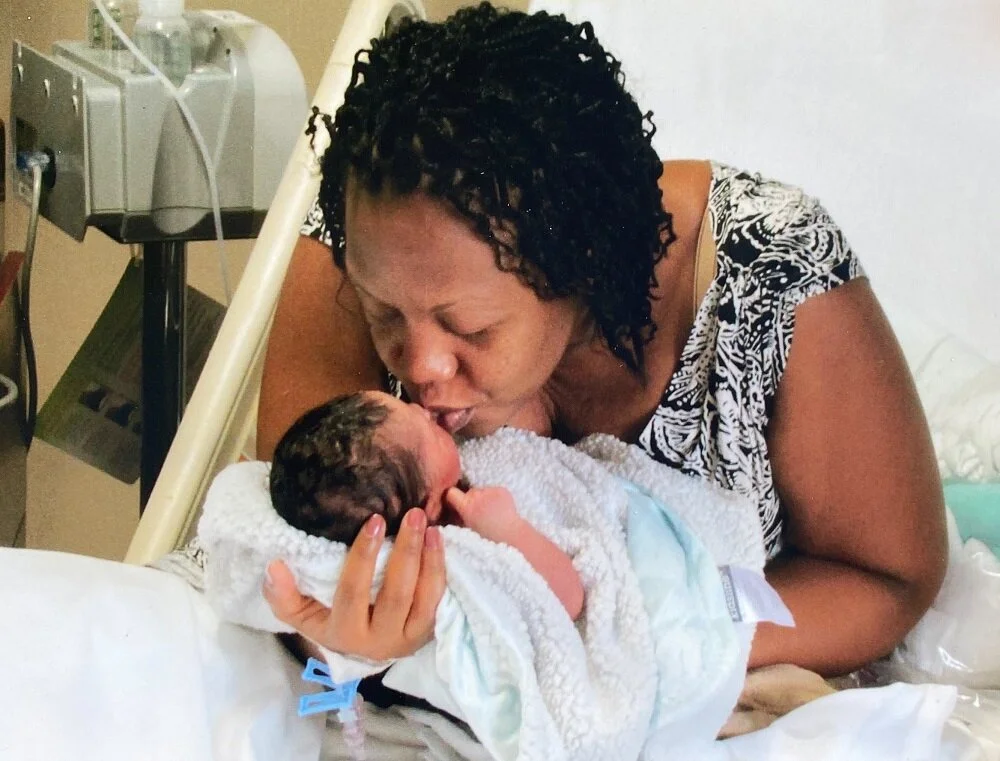Our guest, CEO of Emagine Solutions Technology Courtney Williams, is the creator of The Journey Pregnancy App. The app enables patients to vital signs during pregnancy and then transmits this information in real-time and creates a record. Beyond that it issues a call to action for users to contact their providers when they enter vitals that are out of bounds based on ACOG standards. This technology was developed after Courtney experienced Postpartum Preeclampsia, a rare condition that occurs when you have high blood pressure and excess protein in your urine soon after childbirth. She was already working in maternal health technology.
Courtney’s pregnancy started in 2019; she gave birth at the height of the first wave of the pandemic in 2020. The pregnancy started well; she ate right and worked out daily. But the gym access stopped due to the pandemic - unfortunately, this was a major stress reliever for Courtney. She also utilized acupuncture with a naturopathic provider. Eventually, she lost access to that support due to growing concerns due to the pandemic. It had been helpful for morning sickness; this was another hit to her emotional support.
A week before the childbirth, Courtney's son measured big and they were scheduled for a surgical birth; which she was ok with because it eased her uncertainty. Unfortunately, the hospital would not allow her doula to be present. Courtney’s husband was her sole support during the birth and everything went well as they welcomed their son. In the hours and days after the birth, her body started swelling. Courtney presented with a headache and pronounced chest pain five days postpartum. She attempted to contact her provider but did not get a response; she decided to go to the emergency room, where she was diagnosed with Postpartum Preeclampsia. After returning home, she needed to report to her doctor’s office multiple days in a week for blood pressure readings. This brought about challenges in their breastfeeding/pumping journey. Courtney was surprised that there wasn't technology to ease the challenges for new parents to go to frequent appointments during the early phases of postpartum.
We will save ourselves. We have everything we need within ourselves to rebuild birth better. Being active participants in our care, engaging providers who acknowledge and respect our voices, and equipping ourselves with innate knowledge and an understanding of how our unique bodies respond to pregnancy are key components in creating safer, joy-filled birth experiences.
Read More


















